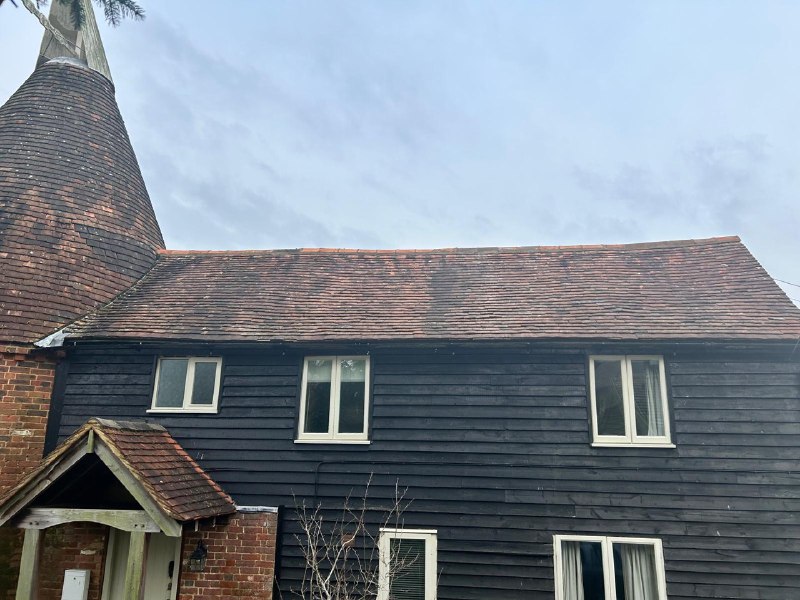Exploring Roof Tiles: Understanding Susceptibility to Slipping
Introduction: Roof tiles are a crucial component of any roofing system, providing protection, insulation, and aesthetic appeal to homes and buildings. However, not all roof tiles are created equal in terms of resistance to slipping. In this blog post, we’ll explore different types of roof tiles and their susceptibility to slipping, helping homeowners make informed decisions when selecting roofing materials for their properties.
- Concrete Tiles:
- Concrete tiles are a popular choice for roofing due to their durability, affordability, and versatility. These relatively heavy tiles interlock tightly, making them less susceptible to slipping than other types of tiles. Concrete tiles suit various roof pitches and climates, providing reliable protection against slipping and weather-related damage.
- Clay Tiles:
- Clay tiles are known for their timeless beauty, longevity, and resistance to fire and pests. While clay tiles are durable and low-maintenance, they may be more prone to slipping in certain conditions, especially on steeply pitched roofs or in areas with high wind exposure. Proper installation and fastening techniques can help mitigate the risk of slipping with clay tiles.
- Slate Tiles:
- Slate tiles are renowned for their natural elegance, durability, and longevity, making them a premium choice for upscale homes and historic buildings. Due to their smooth texture and inherent strength, slate tiles are highly resistant to slipping. Proper installation and regular maintenance are essential for ensuring the longevity and stability of slate roofs.
- Metal Tiles:
- Metal tiles, such as steel or aluminium, offer a lightweight and durable roofing solution with excellent resistance to slipping. Metal tiles are often interlocking or mechanically fastened to the roof substrate, providing secure attachment and stability in high wind conditions. Metal tiles are suitable for various architectural styles and can withstand harsh weather conditions with minimal maintenance.
- Asphalt Shingles:
- Asphalt shingles are a cost-effective and popular roofing option known for their versatility and ease of installation. While asphalt shingles are generally less susceptible to slipping on low-pitched roofs, they may become loose or dislodged over time, especially in areas prone to high winds or severe weather events. Regular inspection and maintenance can help prevent slipping and extend the lifespan of asphalt shingle roofs.
Conclusion: When choosing roof tiles for your property, consider factors such as material durability, roof pitch, climate conditions, and installation techniques to minimise the risk of slipping. While some types of tiles, such as concrete and metal, offer superior resistance to slipping, proper installation and maintenance are critical for ensuring the stability and longevity of any roofing system.
Call us on: 01302 490 482
Click here to find out more about ES Roofing Adwick Le Street
Click here to complete our contact form and see how we can help with your roofing needs.

